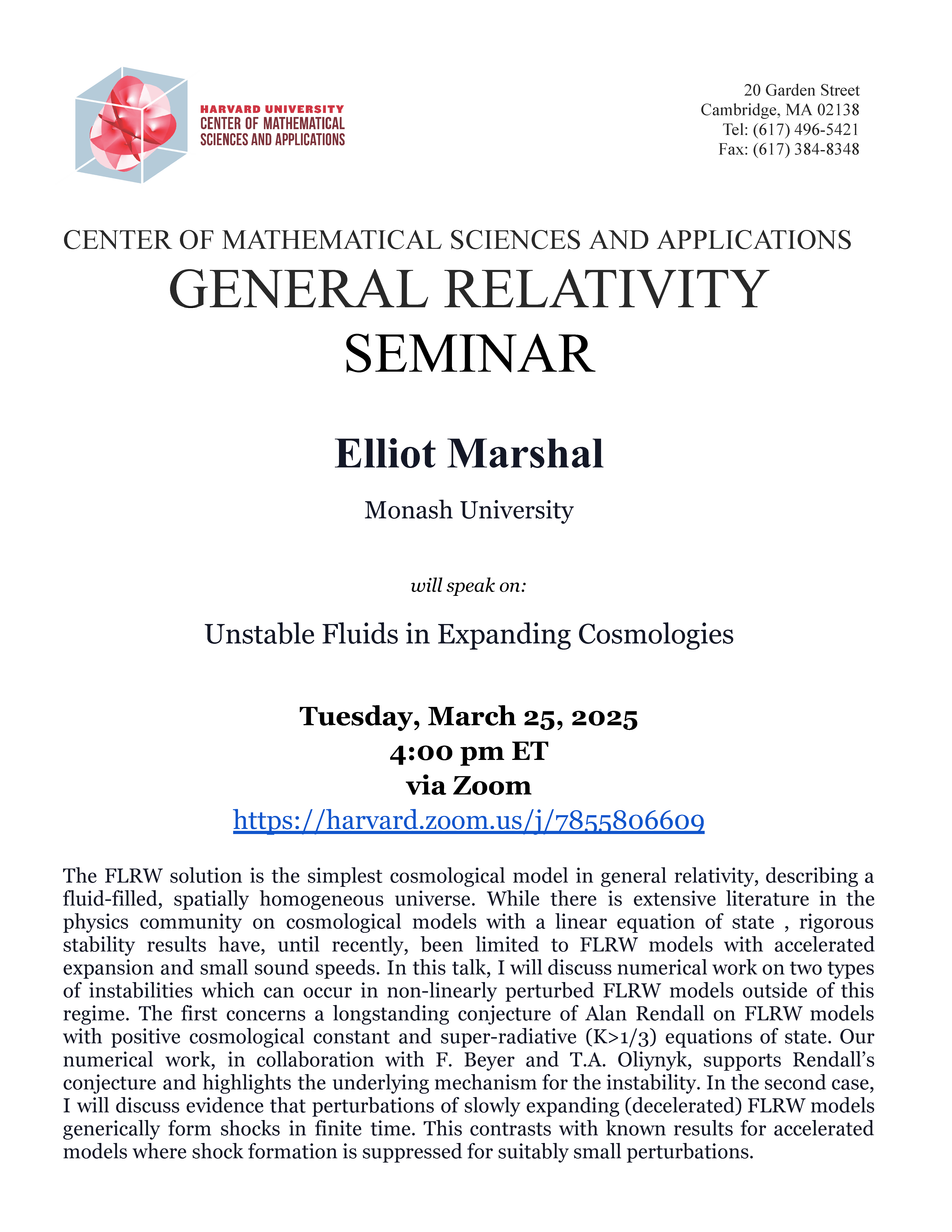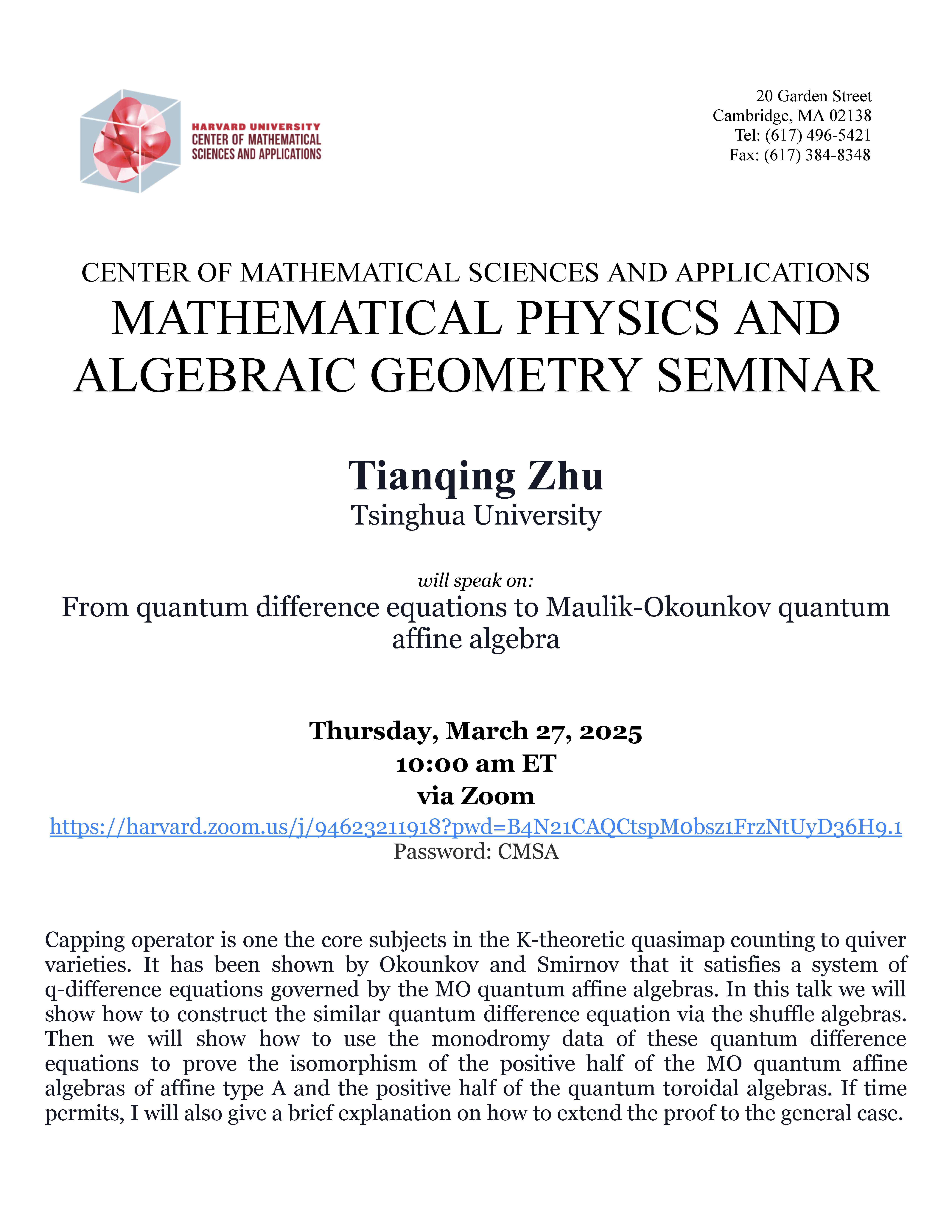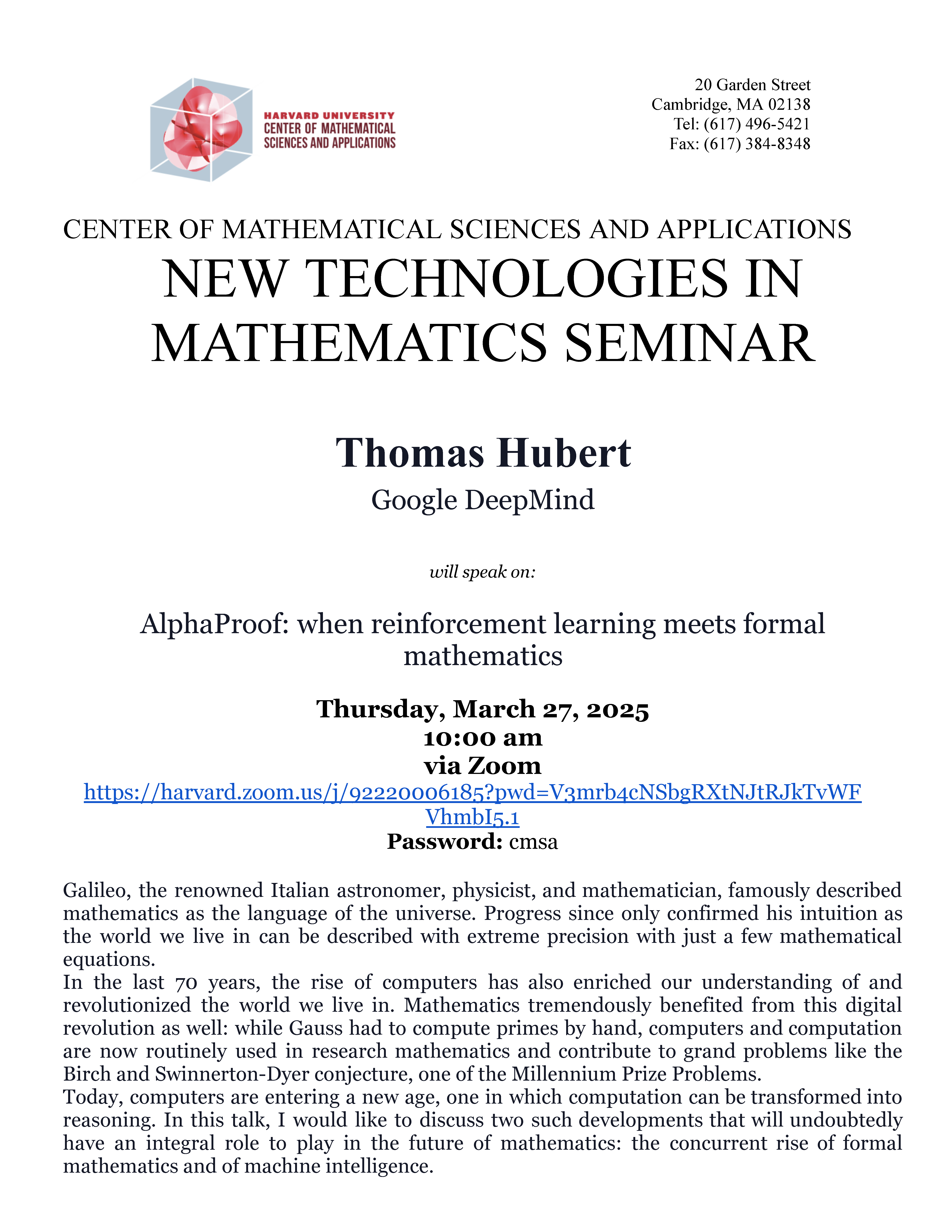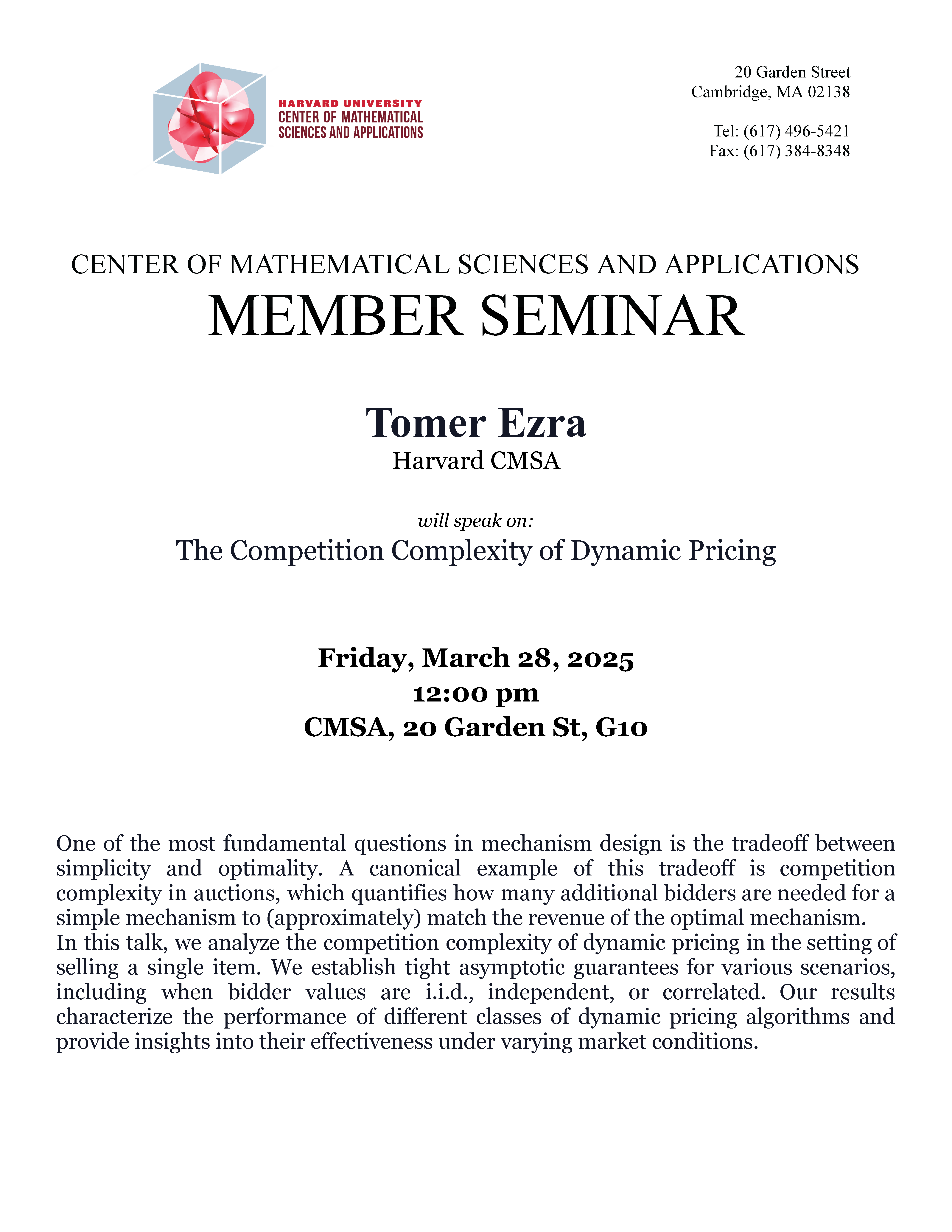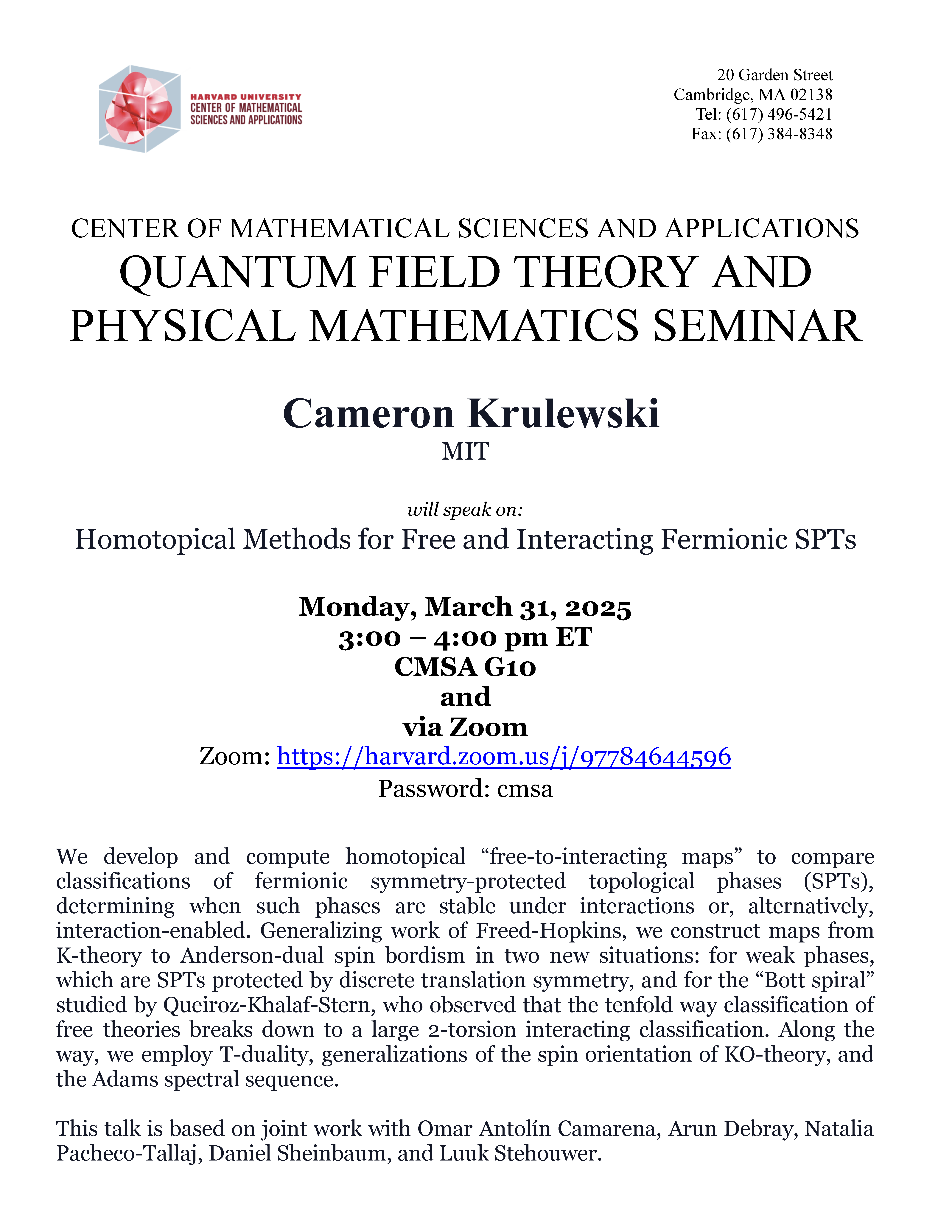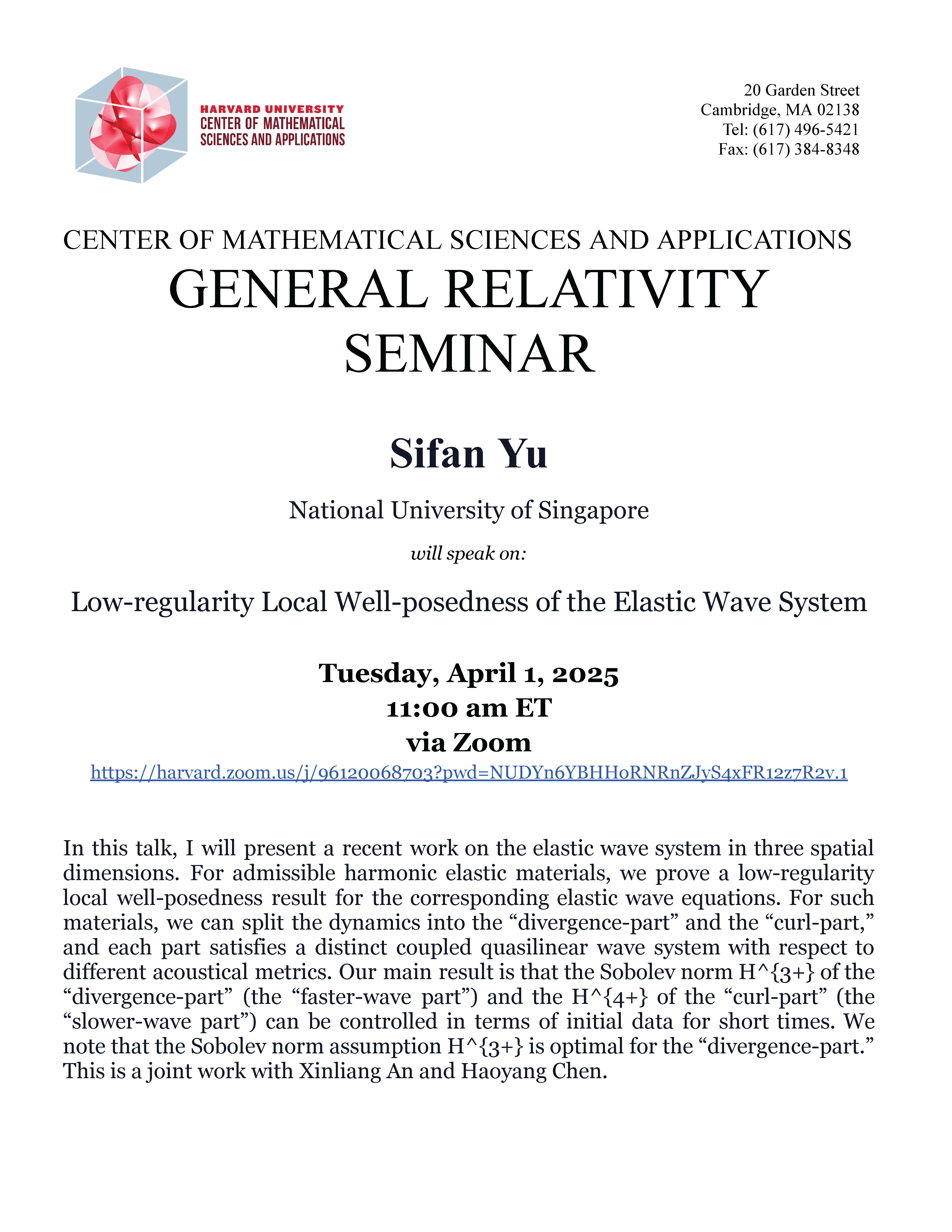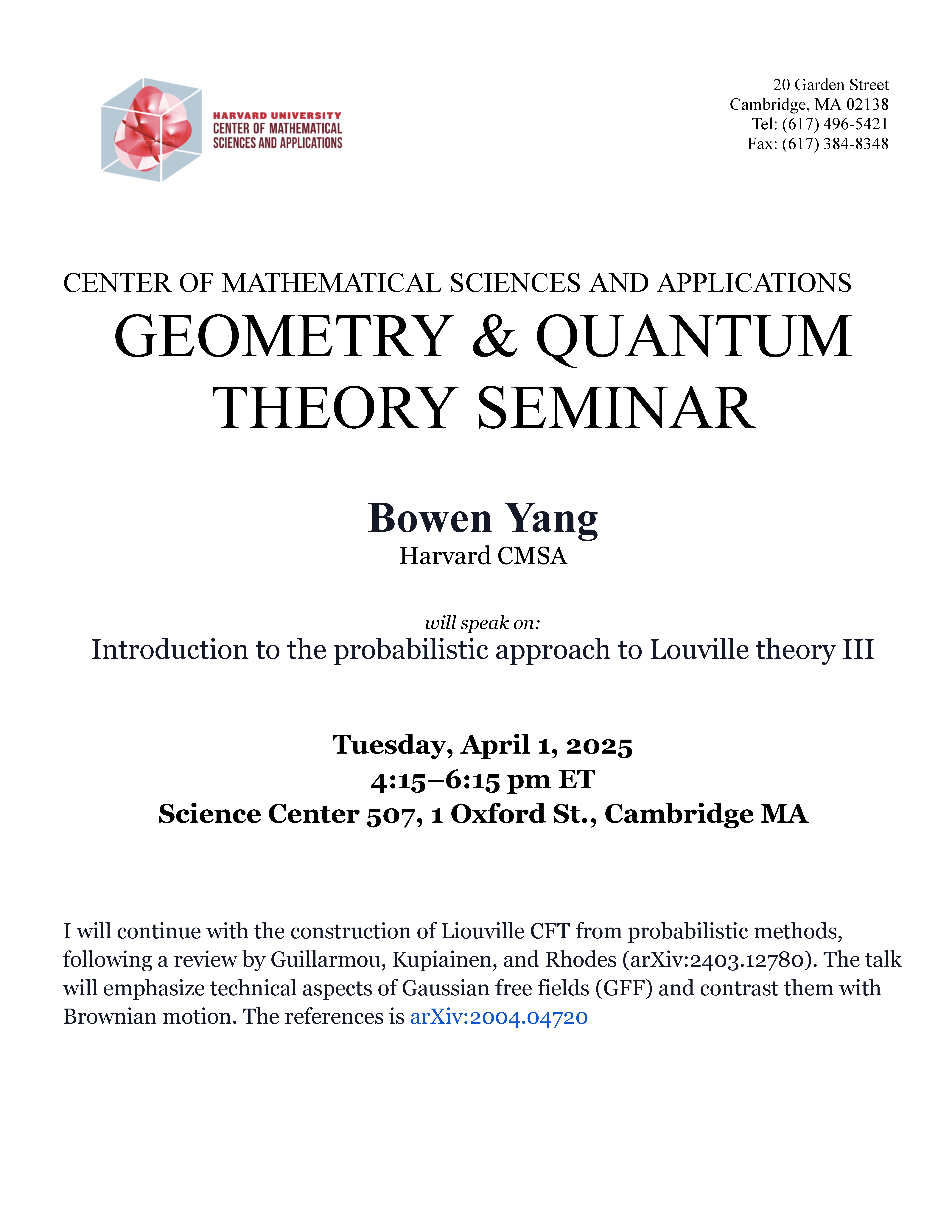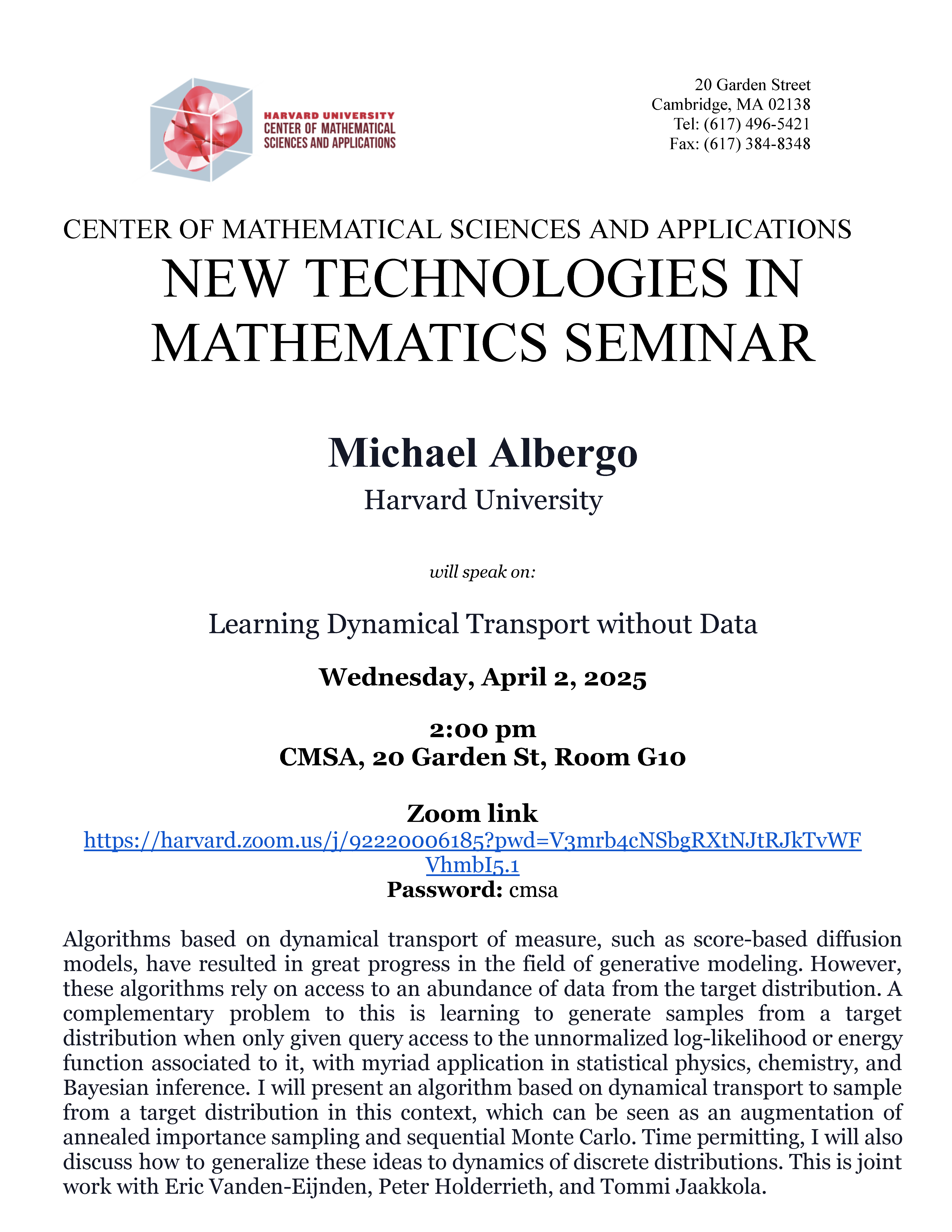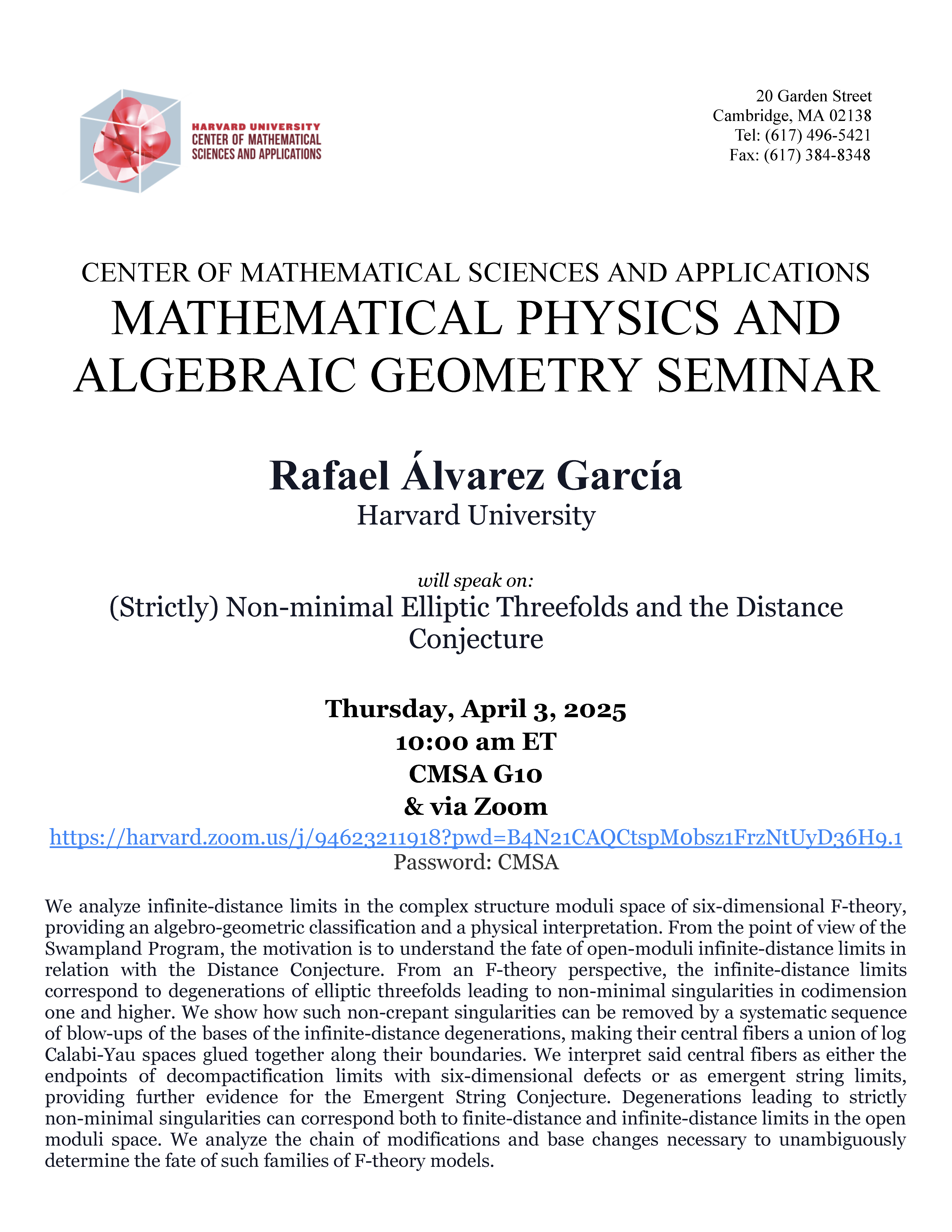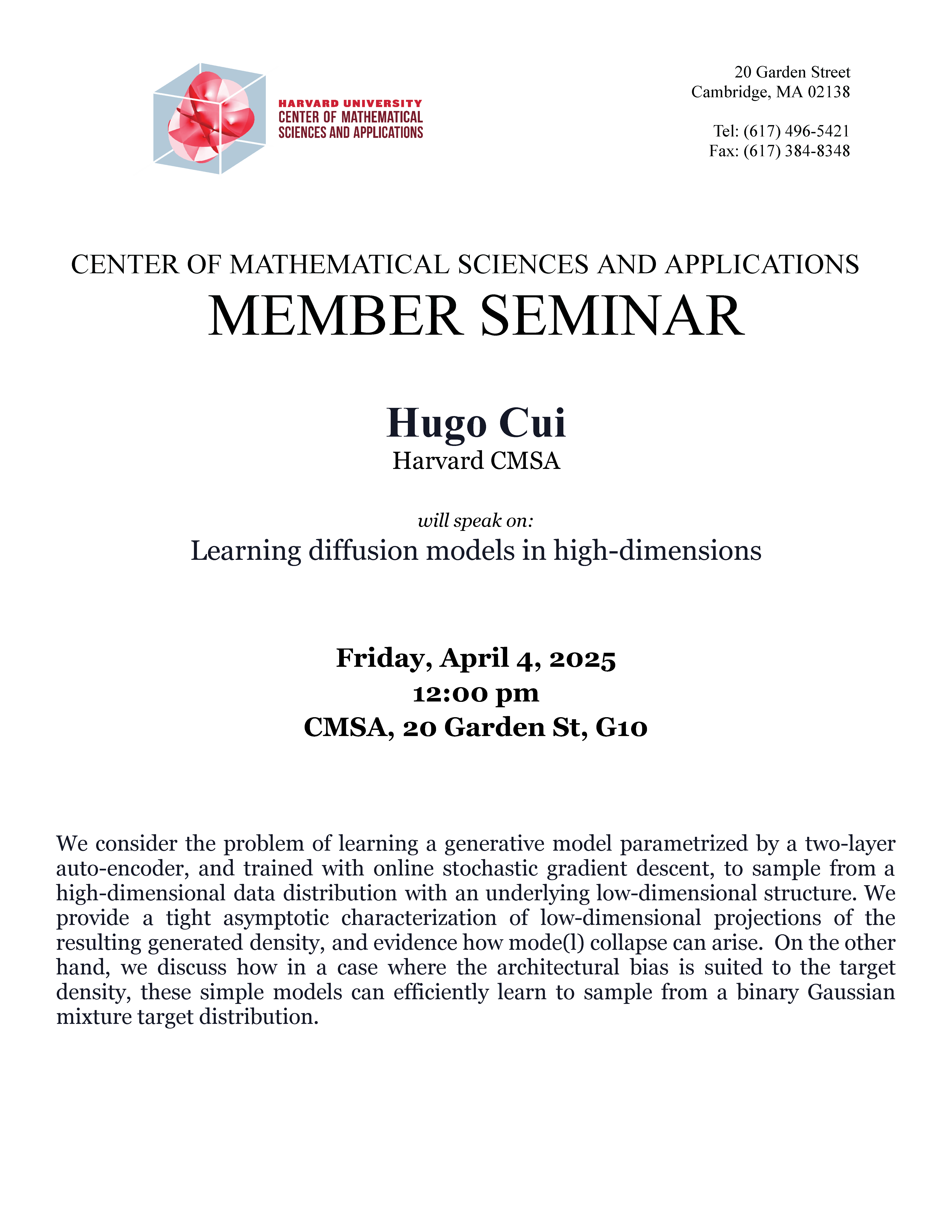Unstable Fluids in Expanding Cosmologies
Virtualhttps://youtu.be/2Aak8YqVsLw General Relativity Seminar Speaker: Elliot Marshal, School of Mathematics at Monash University Title: Unstable Fluids in Expanding Cosmologies Abstract: The FLRW solution is the simplest cosmological model in general relativity, describing a fluid-filled, spatially homogeneous universe. While there is extensive literature in the physics community on cosmological models with a linear equation of state , […]

